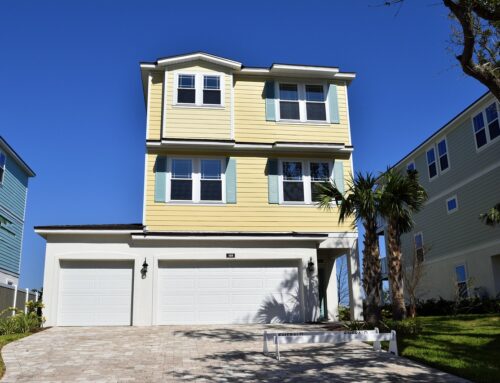Property cost evaluation is a huge part of insuring that property. Knowing the real value of that property is, of course, important in making sure that you are paying a fair price for that property, but also making sure that when it is insured, it is insure for the right amount. What makes property cost valuation different from other types of evaluation?
Property, unlike many other commodities, has several factors that feed into its value, ranging from demand, to utility, to scarcity, and beyond. The value of a property often depends on the social and economic trends in an area. There are also government regulations to worry about, as well as the environment.
Value, of course, does not always translate directly to price. The cost of a piece of property will relate to how much time and how many materials have gone into that property. The price is how much someone is willing to pay for the property. While they are both related to value, value does not necessarily dictate either. Someone could price a piece of property for well below or well above its value. When determining how much a property should be insured for, the insurance company will need to know the actual value, not just the property’s price.
There might actually be several different values of the same property. For example, a house could have a high use value but a low investment value. Most property cost evaluations look at the cost of replacing the property, what other similar properties in the area cost, and what kind of income might be generated from that property in order to determine its value.









